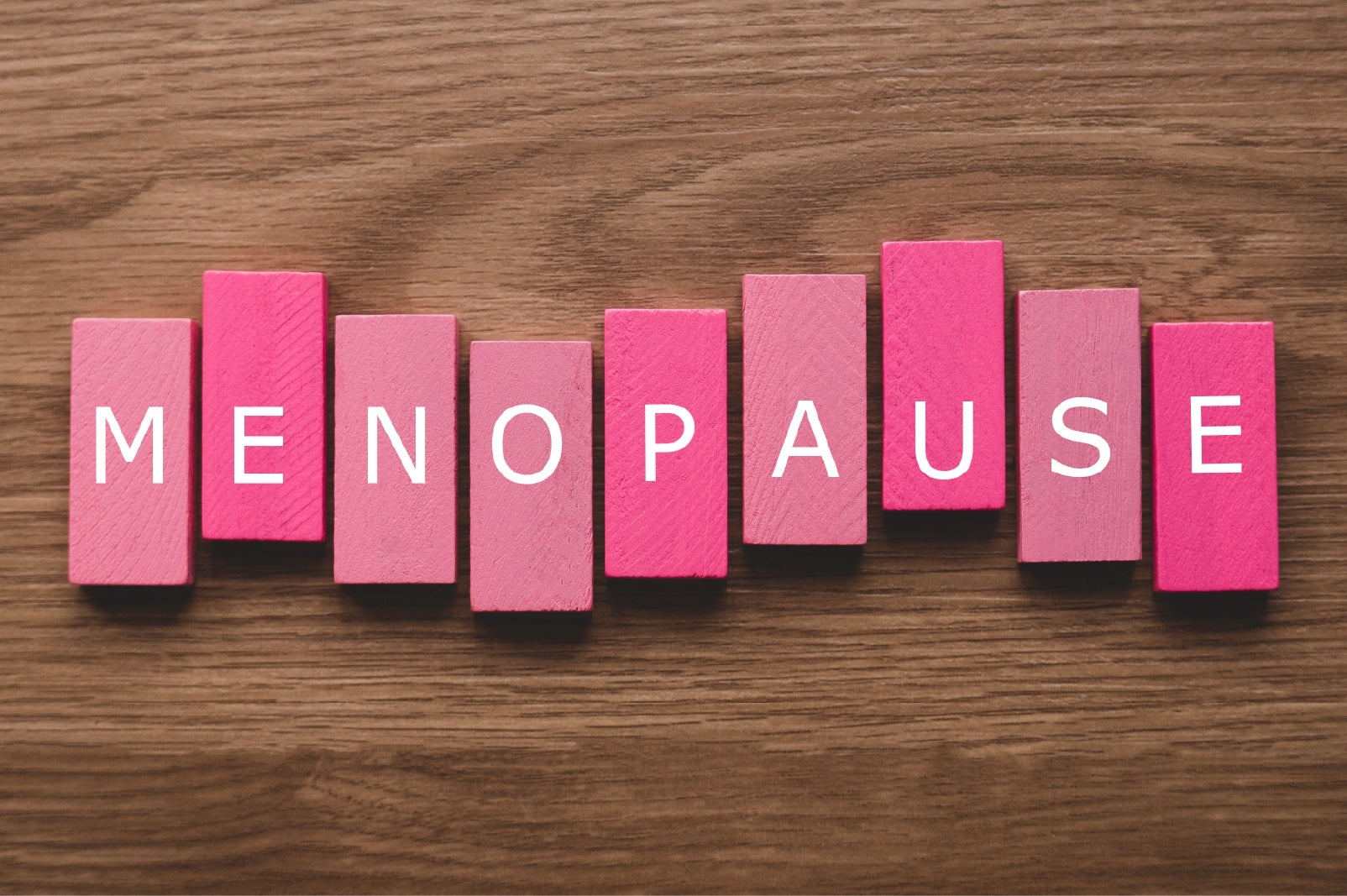
A Guide to Menopause
By Kerry Locatelli, BNat
What is menopause and what are the common issues associated with menopause?
Menopause is a natural biological process that marks the end of menstruation and the end of the reproductive years. The time leading up to this is called perimenopause and this is where the body begins to transition. The average age of menopause is 51yrs.
Common issues include irregular periods, temperature fluctuations, weight issues, difficulty sleeping, mood changes, dry skin, thinning hair and decreased libido. In fact, there are 34 issues that can be associated with menopause.
What should I eat during menopause, and how can I manage my weight during menopause?
Focus on nourishment. Natural, whole, and unprocessed food as far as possible, with a variety of colourful vegetables and fruits. Build each meal around a quality source of protein, add in vegetables, fruit (especially berries), complex carbohydrates (like kumara or brown rice), and good quality fats (like avocado oil, olive oil and coconut oil). Reduce refined foods, high sugary foods and drinks, excess caffeine, and alcohol as these all deplete the body more than they nourish the body.
How can I support my sleep during menopause?
Many women going through menopause experience difficulty with sleep- this might be difficulty falling asleep, having temperature fluctuations, or waking during the night unable to switch the mind off. Trying to function well after a bad night of sleep can be challenging, and the flow on effect can be detrimental to all aspects of health. Sleep hygiene is important. This is how we set ourselves up for a good sleep. Limit or avoid caffeine and alcohol, as these can be problematic for sleep. Have a regular bedtime, and a routine. Having a shower or bath before bed can help ease the body into being ready for sleep. Your sleep environment, the room itself, matters. Make sure your bedroom is cool, dark, and quiet. Avoid screens before bedtime, allow yourself to wind down with conversation, music, or a book. Getting exposure to natural sunlight during the day can help regulate your circadian rhythm, your sleep wake cycle, which signals wakefulness during the day and sleep time at night.
Remember, how we treat ourselves during the day can impact the night. If we nourish ourselves with good food, move our bodies in forms of exercise we enjoy, manage stress, and fill the day with meaning and purpose we set ourselves up for a healthy life.
When would I take dietary supplements for menopause support?
You don’t need to suffer silently with menopause. If you are experiencing issues, it is a sign that your body needs support, and a dietary supplement can give you that support.
GO Healthy’s GO Meno Support can provide support. GO Meno Support is a selected herbal blend with Soyabean Isoflavone for hormone and temperature balance support. It contains a blend of herbs combined with Soybean Isoflavone to support hormonal health and temperature balance during changes associated with menopause. This complete combination supports balanced mood, temperature, sleep, wellbeing and vitality.
GO Healthy is proudly made in New Zealand from imported ingredients. Always read the label and use as directed. Vitamins and minerals are supplementary to and not a replacement for a balanced diet. TAPS Approval No: PP3906
GO Healthy, Auckland. Available exclusively in pharmacies and health stores.